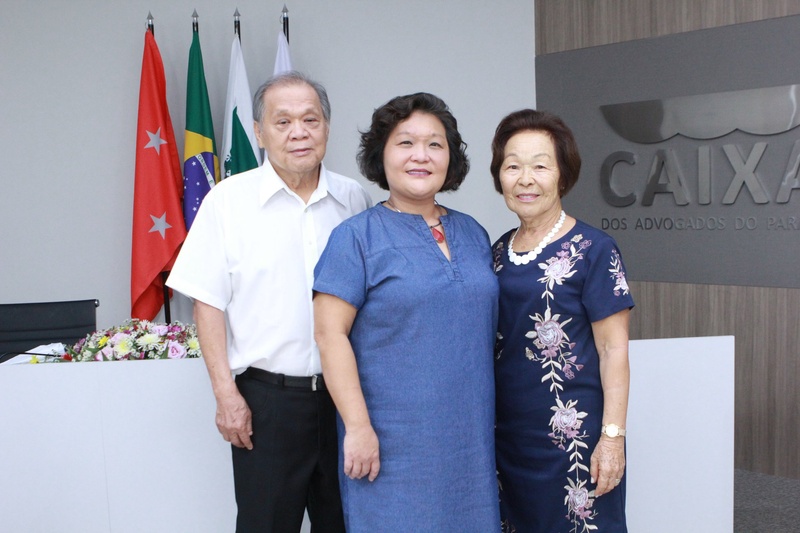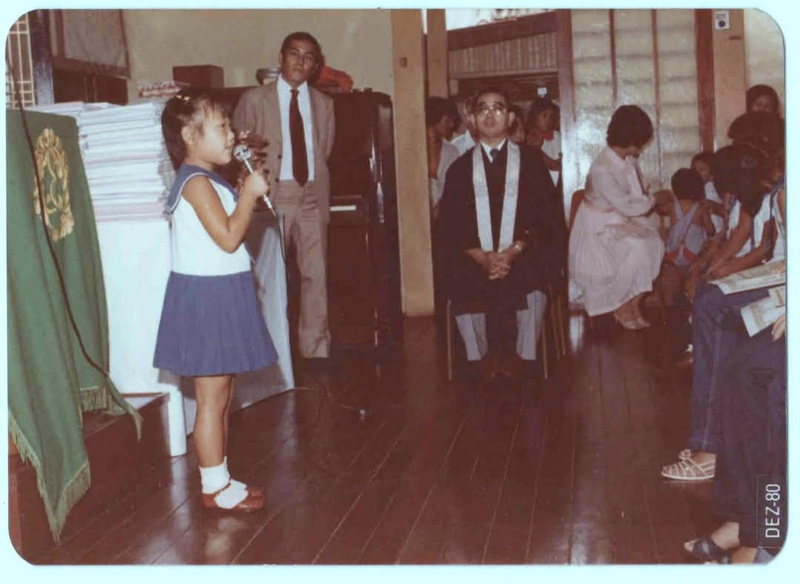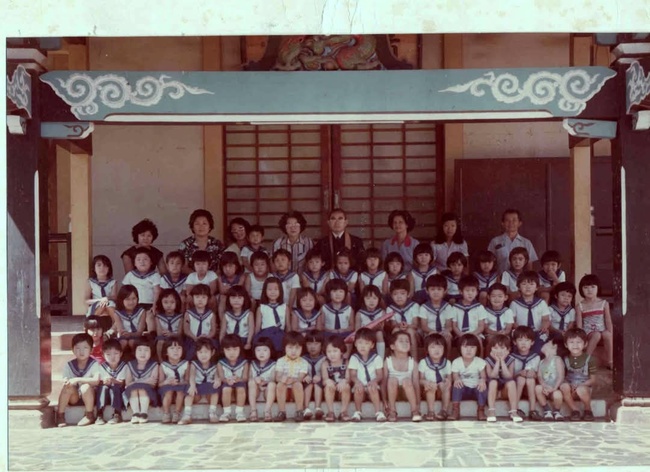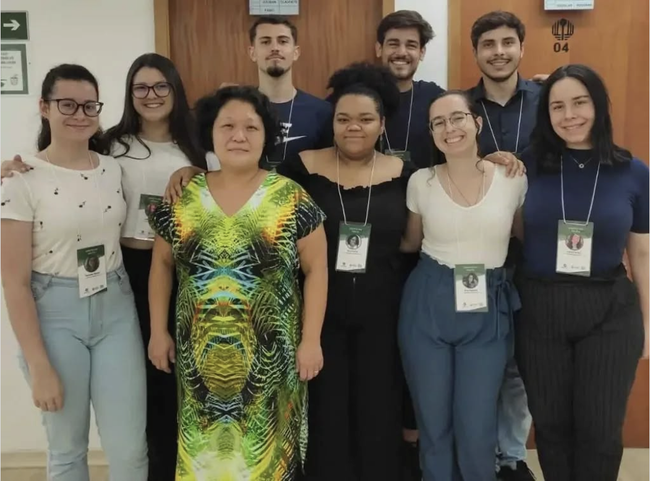Juliana Kiyosen Nakayama holds a PhD in Language Studies (State University of Londrina), a master’s degree in Business Law (State University of Londrina), is a specialist in Distance Education (SENAC), a lawyer and a professor in the Law course at the State University of Londrina.
Together with her students, Juliana conducted a project to interview Japanese-Brazilians in Londrina, Paraná. She is also organizing an event for the Center for Japanese Culture Studies (NECJ) called “Yellow Identity: Human Rights and Social Practices,” with Professor Richard Shimada André.
The NECJ is linked to the International Relations Office (ARI) and the Office of the Rector of the State University of Londrina (UEL). It was created and implemented on October 6, 1995 and its mission is to “develop regional, national and international multicultural integration by offering access to Japanese culture, one of the ethnic segments of Brazil.”
The organization aims to promote academic discussion of Japanese culture. It has cooperation agreements with four Japanese universities, enabling the exchange of students and professors between Brazil and Japan and vice versa. It also offers extension courses, debates and Japanese language courses.
Ellen Sayuri: Have you had contact with Japanese culture since childhood?
Juliana Nakayama: I am Japanese-Brazilian, of Japanese descent, both on my father's and mother's sides, and I am third generation. I have always been exposed to Japanese culture, because as a child, from the age of two and a half to seven, I attended only a Japanese school. It was bilingual, with both Japanese and Portuguese being taught, and it was called Lumbini Gakuen. It was inside a Buddhist church, so we were also part of the Buddhist religion.
My grandparents spoke Portuguese and Japanese in a mixed way. So, Japanese words were always part of communication within the family nucleus.
ES: Why do you think it is important to talk about Japanese-Brazilian identity?
JN: For me, talking about Japanese-Brazilian identity is like going back to my roots. It is about paying homage to our ancestors and seeing them as equals in terms of the feelings and problems we have experienced. What we see among Japanese-Brazilians, at least from the Londrina region, who are more or less the same age, is that we are part of the same culture and have had many similar experiences, especially during childhood and adolescence.
ES: How did you become interested in issues involving the yellow identity issue?
JN: The issue of yellow identity began to bother or incite me after I turned 40. I am a professor in the Law course at the State University of Londrina, and I began to be approached by Japanese-Brazilian girls who shared their family problems. And I began to realize that much of what they talked about were also the problems I faced as a teenager, and with that we realize how important it is to share pain, love, and family stories so that people can help each other.
ES: Could you tell us a little more about the project you carried out with your students?
JN: I organized an event about legal careers and Japanese-Brazilian identity, where my law students interviewed Japanese-Brazilian lawyers to ask them about their careers, tell them about their origins, and whether their ancestry had any connection or influence on their profession or their attitudes. And it was a very positive outcome, because the students who were not descendants of Japanese people were able to identify some similarities. Also, since the students who were not descendants of Japanese people had no knowledge of Japanese culture, they were also able to hear each other's stories and personal accounts and gain knowledge about Japanese culture.
These personal interviews were conducted in Londrina. They are part of a research project that I am developing with a team, about the 50 years of the Legal Affairs Enforcement Office, which is the legal practice center of the State University of Londrina.
ES: You are also doing a project with Professor Richard from the Center for Japanese Culture Studies (NECJ) at the State University of Londrina, how will it work?
JN: We are going to hold an event on February 11th about Asian identity. We are preparing for it and it will be the first edition of the event. The idea of this event is to at least introduce the subject, because within the context of Londrina's society, despite having a very large Japanese colony, many people have never heard of Asian identity, Asian prejudice, or the sexualization of Asian women. So, these are the themes that will be addressed at the event, which will be held in person at the State University of Londrina and will be divided into three parts: in the morning, the event will focus on personal accounts of experiences, with influencers Bruna Tukamoto and Karina Kikuti. In the afternoon, there will be the symposium Identities and Hybridisms, organized by Professor Richard, with the participation of researchers. To close the event, a cultural activity will be held in the evening. For more information, visit the NECJ Instagram page ( @necj.uel ).
© 2025 Ellen Sayuri Matsumoto











